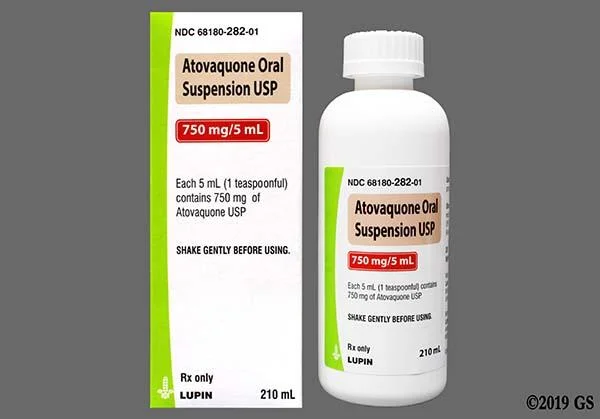Africa’s healthcare sector is entering a decisive period in 2025 — one marked by innovation, investment, and the determination to overcome persistent challenges. While the continent faces barriers such as limited resources and health workforce shortages, emerging trends are creating opportunities to build stronger, more resilient health systems.
Here are the seven major trends shaping Africa’s healthcare transformation this year.
1. Scaling Up Local Vaccine & Drug Manufacturing
The COVID-19 pandemic exposed Africa’s heavy reliance on imported vaccines and medicines. In response, 2025 is seeing a surge in local manufacturing capabilities.
Projects like Morocco’s SENSYO Pharmatech plant and BioNTech’s new facility in Rwanda are set to boost Africa’s capacity to produce life-saving vaccines. The African Vaccine Manufacturing Accelerator (AVMA) aims to locally produce 60% of the continent’s vaccine needs by 2040, reducing dependency on imports and improving response times during health crises.
The pharmaceutical manufacturing push extends beyond vaccines, with countries investing in local drug production. According to IQVIA, challenges such as regulatory readiness, utility infrastructure, and foreign exchange rules need addressing to ensure long-term sustainability.
2. Advancing Universal Health Coverage (UHC)
Universal Health Coverage is a core objective for many African nations in 2025. Countries such as Morocco, Ghana, and Kenya are expanding national insurance schemes to reduce out-of-pocket healthcare costs and improve access.
The World Health Organization (WHO) emphasizes that UHC is critical to ensuring that all individuals receive essential care without financial hardship (WHO UHC Overview).
One African nation, supported by IQVIA, is redesigning its health system under a decentralized model, clarifying roles between national and regional institutions to improve transparency and service delivery.
3. Attracting Clinical Research Investment
Africa’s population is projected to double by 2050, placing immense pressure on healthcare systems. While infectious disease research remains a priority, there is growing interest in non-communicable disease (NCD) research.
Yet, in 2023, Africa hosted only 4% of global clinical trials, representing less than 2% of global genomic data (ClinicalTrials.gov). Life science companies can capitalize on low competition and costs while helping develop local expertise.
IQVIA is also developing a sustainability framework for clinical trial sites, ensuring they can serve a “second life” purpose once trials conclude, enhancing investment returns and community benefits.
4. Tackling Non-Communicable Diseases (NCDs)
Non-communicable diseases — such as diabetes, hypertension, and cardiovascular disease — are a growing threat. The WHO Global Action Plan for NCDs aims to reduce premature deaths from these diseases by 25% by 2025.
In Kenya, the National Diabetes Management Program serves as a model for early detection, community outreach, and integrating NCD care into primary health services. Public health campaigns and lifestyle education are essential to reducing the NCD burden (WHO NCD Facts).
5. Expanding Digital Health Technologies
From telemedicine platforms like Babyl in Rwanda to AI-powered diagnostics, digital health is reshaping healthcare delivery.
These innovations expand access in remote areas, reduce hospital burdens, and improve efficiency by up to 15% — savings that can be reinvested into health systems. The rollout of electronic health records and mobile health apps will continue to enhance patient care in 2025 (GSMA mHealth Report).
6. Boosting Patient Support & Affordability Programs
Affordability remains a barrier to care for millions. Patient Support and Affordability Programs (PSAPs) are bridging this gap by providing financial, medical, and psychosocial support.
In Morocco, IQVIA partnered with stakeholders to support over 4,000 patients in 2024, demonstrating the real-world impact of these initiatives.
Such programs are essential in achieving UHC goals and ensuring equitable access to care, particularly for chronic and high-cost conditions.
7. Strengthening Public-Private Partnerships (PPPs)
Governments are increasingly partnering with private entities to expand healthcare infrastructure and service delivery.
In Nigeria, a PPP initiative led to the creation of a state-of-the-art diagnostic center in Lagos, offering advanced imaging and lab services previously unavailable in the region.
Global health collaborations, such as Roche’s Access Program with the Clinton Health Access Initiative (CHAI), are also scaling access to essential diagnostics for HIV and other infectious diseases (CHAI).
Final Thoughts
Africa’s healthcare future will be defined by collaboration, innovation, and sustainability. The trends shaping 2025 — from local manufacturing to digital health — highlight that progress is possible when governments, private sector leaders, and global organizations work together.
With bold action and strategic investment, Africa can build a healthcare system that’s equitable, resilient, and ready for the challenges of tomorrow.















